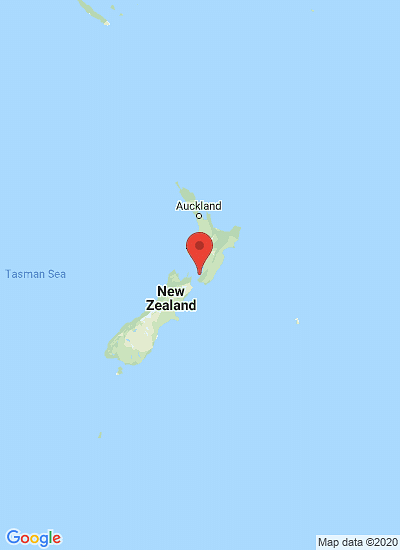New Zealand Potato growers are spending NZ$240,000 (~200.000 USD) on research to try to find why their harvests have not been increasing.
"For some years, the yields for potatoes have not been where you would expect when compared with, for example, carrots or wheat,"said Mike Manning, the general manager of research and development for Ravensdown.
Increasing yields in all areas of agricultural production have been a key element in allowing farmers to maintain profitability in the face of ever-increasing input costs.
While producers of wheat, milk and other products had seen yields increase by 40 per cent or more, yields for potatoes had remained relatively constant, at about 100 tonne per hectare, he said.
In an attempt to understand some of the reasons behind the lack of increase in tuber yields, potato growers are undertaking a $240,000 research project with Plant &Food to investigate the role soil fertility had played in the situation.
The yield gap analysis is being co-funded by Potatoes New Zealand, McCain Foods, Ravensdown and Plant &Food Research.
Manning said: "Progress has been made in the area of plant genetics and other aspects of production in most areas of agriculture but we've not seen the same positive results in potato production."
He said Potatoes New Zealand had a proactive group of farmers in Canterbury who wanted to learn as much as they could about options to improve growing practice.
"The implications here would be of interest throughout the country, so we decided to pool our resources."
The study will look at nutrient supply and fertiliser practice as well as incidence of pest and disease and other issues such as seed quality, irrigation management and soil physical conditions.
The fertiliser trial areas consist of large replicated treatment plots established within existing crops.
Growers have applied their usual levels of nitrogen, phosphorous, potassium and calcium - while the research team has varied the amounts of these nutrients on other plots to compare results.
Manning said the next stage would be to analyse and review this season's results and then consult with growers to determine which results required more research and investigation.
Source: Stuff.co.nz
New Zealand Potato growers to review lack of increase in potato yield
Like to receive news like this by email? Join and Subscribe!
Get the latest potato industry news straight to your WhatsApp. Join the PotatoPro WhatsApp Community!
Highlighted Company
Sponsored Content
Sponsored Content
Sponsored Content
Sponsored Content








